Have you ever seen small dots, specks, blobs, threads or squiggly lines in your field of vision? These are called eye floaters and are a common, usually harmless, visual phenomenon. Although eye floaters rarely cause problems, understanding what causes them and how to monitor them is essential to ensuring good eye health.
What Causes Eye Floaters?
Eye floaters are caused by tiny, semi-transparent strands of vitreous humour, the gel-like fluid that fills your eye. These strands of protein stick together and cast shadows on the retina, the light-sensitive tissue at the back of the eye.
The most common cause of floaters is the aging process, as the vitreous humour becomes more liquid and forms clumps or strands. Other causes of eye floaters include:
- Inflammatory conditions, such as uveitis. Uveitis can cause dark floating spots because of inflammatory cells in the vitreous humour. There would usually also be pain, redness, and/or sensitivity to light. If left untreated, uveitis can cause vision loss or permanent blindness.
- Posterior vitreous detachment (PVD) is a condition that happens when the gel-filled sac at the back of the eye shrinks and pulls away from the retina. PVD can cause floaters or flashes of light. Although PVD doesn’t threaten your vision, you shouldn’t ignore it because occasionally it can cause a retinal hole or tear.
- Retinal detachment happens when there’s a hole or tear in the thin, light-sensitive layer at the back of the eye. Retinal detachment can cause a sudden increase in floaters and is considered a medical emergency. If retinal detachment isn’t treated right away, more of the retina can detach and cause permanent vision loss.
Diabetes, high blood pressure, blocked blood vessels and injury can also cause eye floaters. If you’re worried about eye floaters in your vision, it’s best to speak with your eye doctor as soon as possible.
When Should I Be Worried About Eye Floaters?
Most eye floaters are harmless and don’t require immediate medical attention. However, if you suddenly notice a significant increase in the number or size of floaters, see flashes of light accompanied by new floaters or experience a sudden loss of peripheral vision (like a veil or curtain is obscuring your vision from any direction), you should make an appointment with your eye doctor as soon as possible.
Eye Care Specialists in Alberta
At Optometrists’ Clinic Inc. our experienced optometrists are here to help you with all your eye care needs, from routine check-ups to addressing specific concerns like eye floaters. Scheduling regular eye exams is crucial, especially as you age, to monitor the health of your eyes and catch any potential issues early. Contact us today to schedule an appointment to discuss any vision changes or concerns you may have at our clinics in Edmonton, Leduc and Westlock.


